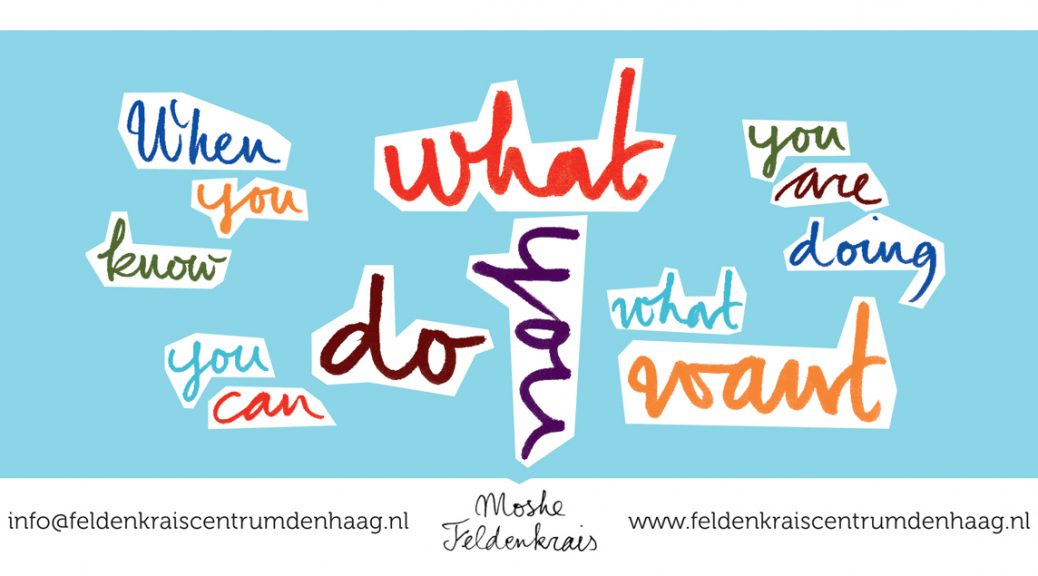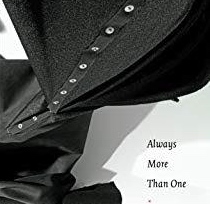25 Feb – 10 March 2019
1st workshop: 1 March 19:30
2nd workshop: 8 March 19:30
About the residents
Elien Hanselaer (Belgium) works as an actor and theatre-maker in Belgium and United Kingdom. She has worked with international companies such as Dash Theatre and Odin Teatret. Elien focusses in her work on the feminine aspect of theatre, seeking spirituality and community in her work. The actors create from communal work in an empathic methodology setting, which is radically changing. Elien started an artistic, practise-based research on actor-actor connection in September 2018.
Dasha Kolesnyk: My research is focused on communication through touch. I am gathering tools that enrich human tactile sensuality, drawing from all possible sources ranging from academic research to Argentinian Tango dancing. The more fine-tuned our senses are, the richer our tactile communication can be, and the more pleasure and knowledge we can derive from this experience. Skin is out biggest organ. Touch is the first language all of us have used to communicate before we learned to talk. Whether we are aware of it or not, much of our information exchange still flows through our skin. I think it is a language worth mastering.
Judith is an interdisciplinary artist and movement researcher. The body, in its whole existence, is her biggest fascination. Her research focuses on our movement patterns / habits and how we can learn to recognize them and therefore have the possibility to bend /change them . As an artist she has been busy with this with her theater collective of mutli disciplinary artists and friends LUDIC COLLECTIV. As a scholar she is in her 2nd year of Feldenkrais teacher training, where she is learning about Awareness Through Movement & Functional Integration.
In the last twenty years, the performing arts have spend a great deal of time researching ‘how the artist can get into total interconnectedness (comparable to the psychological concept ‘flow’), seen as the ideal state for an actor or musician to perform. The core concept leading to total interconnectedness is, according to theatre theoreticians, the interconnectedness between the actor and co-actor. In contemporary a acting (training), which has become more and more based on the individual, actors today struggle to connect to the co-actor or practise on-stage empathic listening. In a culture whose already classical dilemma is het hypertrophy of the intellect at the expense of energy and sensual capability, Western theatre today is shaped by theoretical paradigms such as semiotics, deconstruction, psychology, and post-structuralism instead of the empathy, connection and coming together it so desperately needs.
The experiment we are proposing is to look at how performers connect and how they can connect better. We will be researching this through a mixture of theatre, Argentinian Tango and Feldenkrais technique. The experiment functions as an inspiration for the development of dialogical and trans-individual theatre and approach of theatre making that reflects the many dimensions of our humanity, society and potential back to us.

